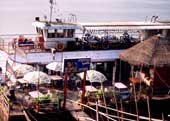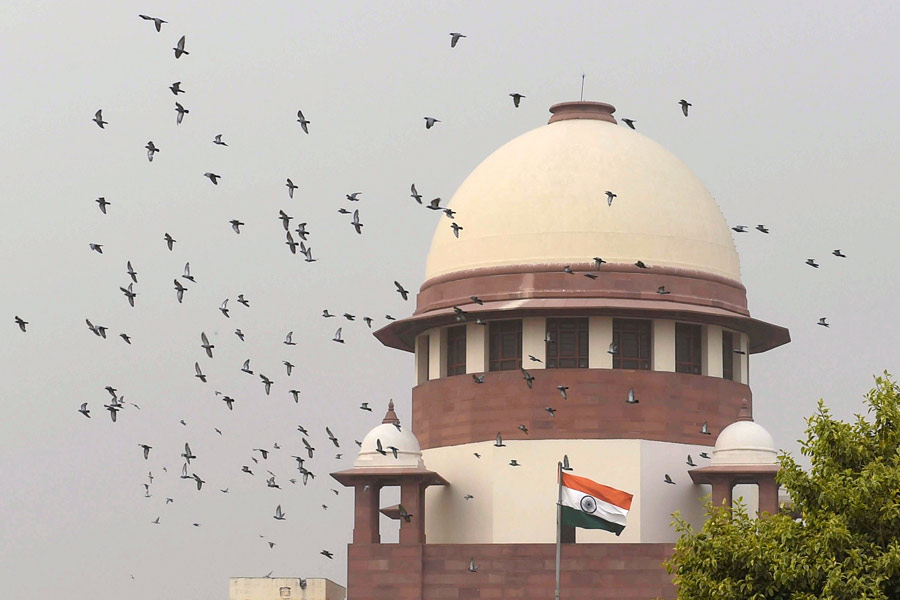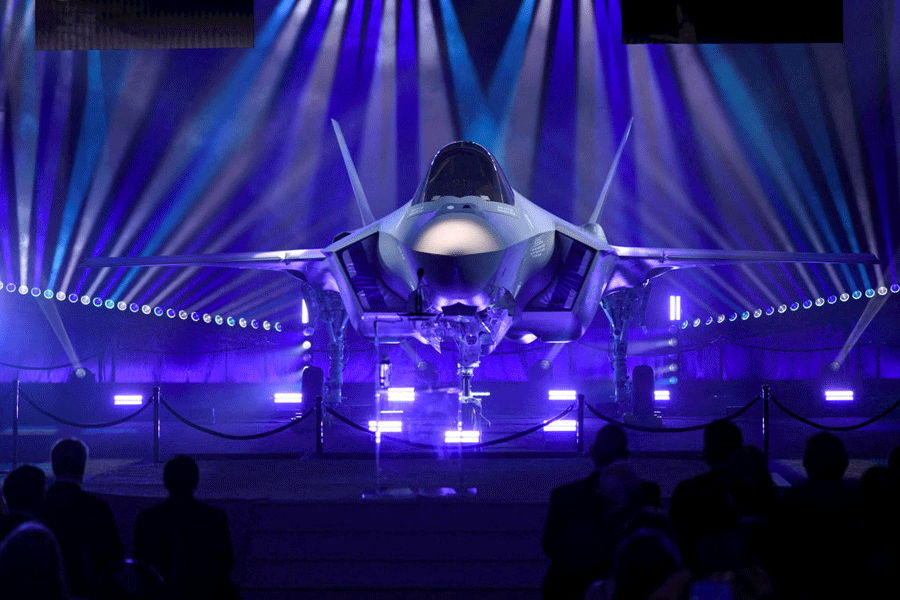 |
| A floating restaurant bears an empty look on Thursday. Picture by S.H. Patgiri |
March 4: Ranju Das, in his thirties, mostly stares blankly at the Brahmaputra nowadays as Tulip, the floating restaurant he runs, is sinking by the day. This sinking feeling, however, is not restricted to him. The other floating restaurant owners, too, are experiencing the blues.
Heavy rents imposed by the inland water transport (IWT) department coupled with no customers for almost four months of the year have made it difficult for the restaurants to make profits.
Das, who has been incurring losses since October, lamented: “I have to pay Rs 9,100 per month, which is very steep. And there are hardly any customers, apart from taking care of visitors’ amenities like constructing barricades and making lighting arrangements”.
Das had taken a vessel of the inland water transport department on lease in February last year to run a restaurant. But the eatery remains empty even at lunchtime.
Milan Das of Jolporee restaurant said there is hardly any business in the first four months of the year — from January to April. The reasons are many — the chilly season, school examinations and fairs.
“The fairs held in different parts of the city take a heavy toll on the business of floating restaurants” Das said.
Besides, the customers find it difficult to walk down from the road to the banks of the Brahmaputra as the road is made of sand and supported by bamboo barricades. Sandbags have been kept on both sides so that the people do not slip.
Pankaj Das, who is starting the Mayong floating restaurant, said the rents are too heavy. “We have to maintain the bank and put lights all along the way from the road down to the restaurant to attract crowds,” he added. All maintenance expenses have to be borne by the restaurant owners.
Inland water transport department director .C. Das said the floating restaurant owners could collectively make a representation to the department on the rents. “In fact, when the vessels were auctioned, the rents were fixed by the private parties. They should have known the situation,” he said.
The owners said a regular inflow of visitors was required to keep the floating restaurants in business. But most of them go directly to the hotels.
Kamal Goswami, managing director of Assam Tourism Development Corporation Limited, said of the 26 lakh tourists who came to India in 2002-03, only 7,000 came to Assam.
The floating restaurants have to woo private parties to get big orders to keep them in the business.
“It takes a minimum of three years even to break even and there is no guarantee of making profits even after that time,” sources said. But many think three years is too long a time to wait in this business.
Sources said it is a good move to woo the unemployed, but many who are in the business feel they are chasing a dream which is difficult to realise.










